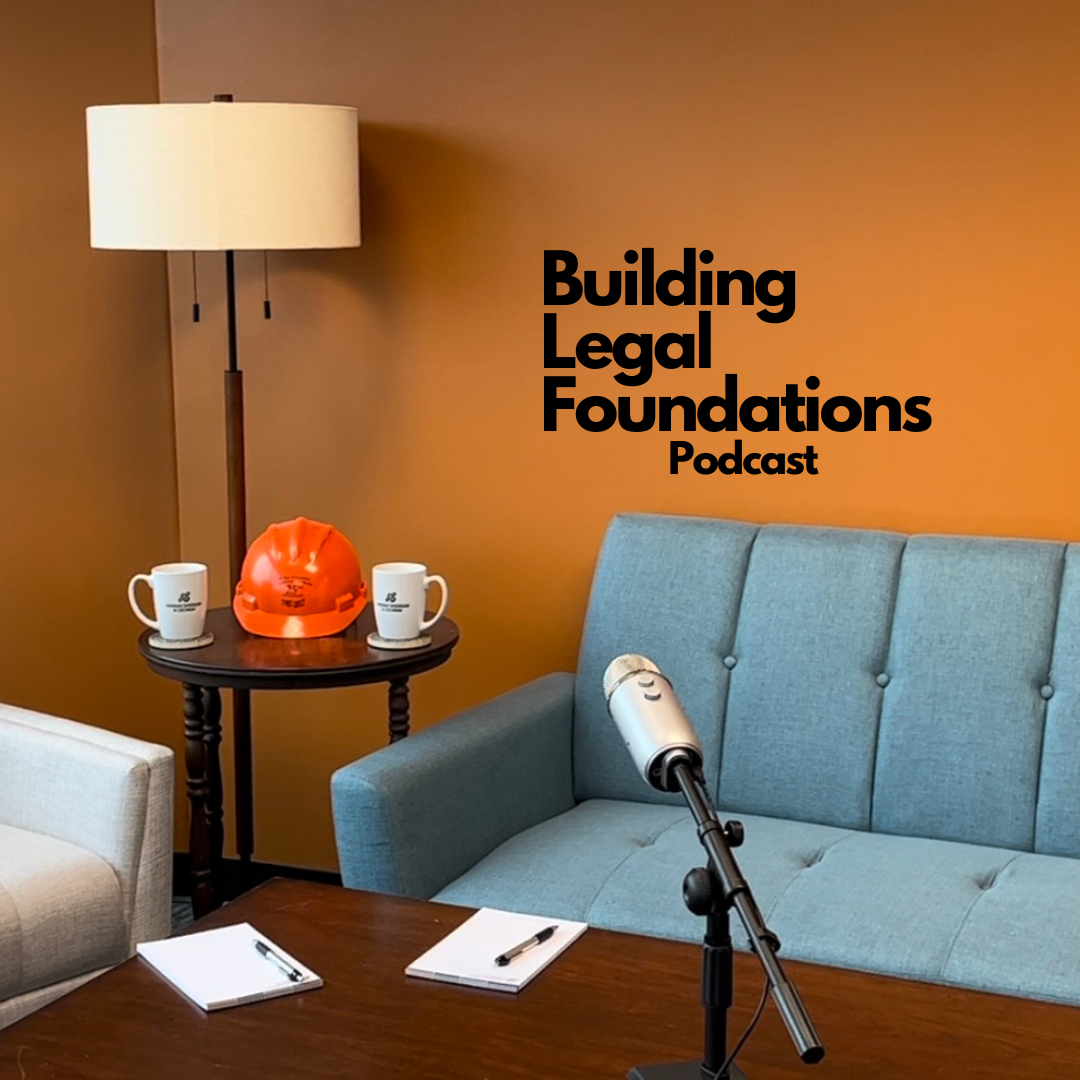Hannah Sheridan & Cochran's own podcast, previously available via Spotify, is now available to listen…
Homeowners Recovery Fund: The Last Resort
“A man’s home is his castle”. This remains as true today, as when it was first uttered by Sir Edward Coke in the early 17th Century. But what happens when one seeks to build a new castle or improve his existing castle, only to discover he or she has hired a dishonest or deceitful contractor for the work? In North Carolina, the castle-owner may be able to seek remuneration from the North Carolina Homeowners Recovery Fund.
The North Carolina Homeowners Recovery Fund was established by the North Carolina General Assembly in the early 1990s for the purpose of creating a special account, administered by the State Licensing Board for General Contractors, to “reimburse homeowners who have suffered a reimbursable loss in constructing or altering a single-family residential dwelling unit”.
The Recovery Fund is funded by fees generated through permitting and inspection. Specifically, when a contractor applies for the issuance of a permit for the construction of any single-family residential dwelling unit, the city or county building inspector is to collect a fee of Ten Dollars ($10.00), Nine ($9.00) of which are forwarded to the Board. The Board is also permitted to accept donations to the Fund.
In order to be eligible for assistance, an applicant, as the owner or former owner of the dwelling in question, must be able to prove that he or she suffered a reimbursable loss which resulted from dishonest or incompetent conduct by a general contractor, or an unlicensed contractor who fraudulently held himself out as a licensed contractor. That alone does not qualify an owner for funds from the Recovery Fund. The applicant must also show that he or she has exhausted all civil remedies against the contractor whose conduct caused the loss and that he or she has obtained a civil judgment against the contractor, which remains unpaid. Only after satisfying the stringent guidelines of Chapter 87-15.8 may an owner file a claim with the North Carolina Homeowners Recovery Fund.
Once the castle-owner has made a claim, and the North Carolina Licensing Board of General Contractors certifies that the conditions precedent to a claim have been met, a file is opened and the claims process is initiated. The contractor in question is then afforded 30 days to respond to the allegations contained in the claim. Once the investigation and assessment by the Board is complete, the Board presents the facts of the claim to the Homeowners Recovery Fund Review Committee, and a hearing is set. At the hearing, the owner appears before a panel of Board members and presents information concerning their claim, the purpose of which is to determine the loss incurred by the owner as a result of the fraudulent or deceitful actions of the contractor. Only specified, remunerable losses are considered by the Board. Costs such as attorneys’ fees, punitive damages, or court costs are not considered for any award. Following the conclusion of the hearing, the Board makes a determination of the amount, if any, it will award for the claim. The Board has complete discretion to determine the order, amount, and manner of payment of approved applications, so long as it does not exceed an amount equal to Ten Percent (10%) of the total amount in the Recovery Fund at the time the application is approved by the Board. As opposed to the civil judgment entered against the contractor, the award from the Board comes directly from the Recovery Fund. The Board’s decision is final and any such payments from the Recovery Fund, as directed by the Board, are a matter of privilege and not of right.
If you have additional questions regarding the Homeowners Recovery Fund, please contact our office.
By: Cody R. Loughridge


